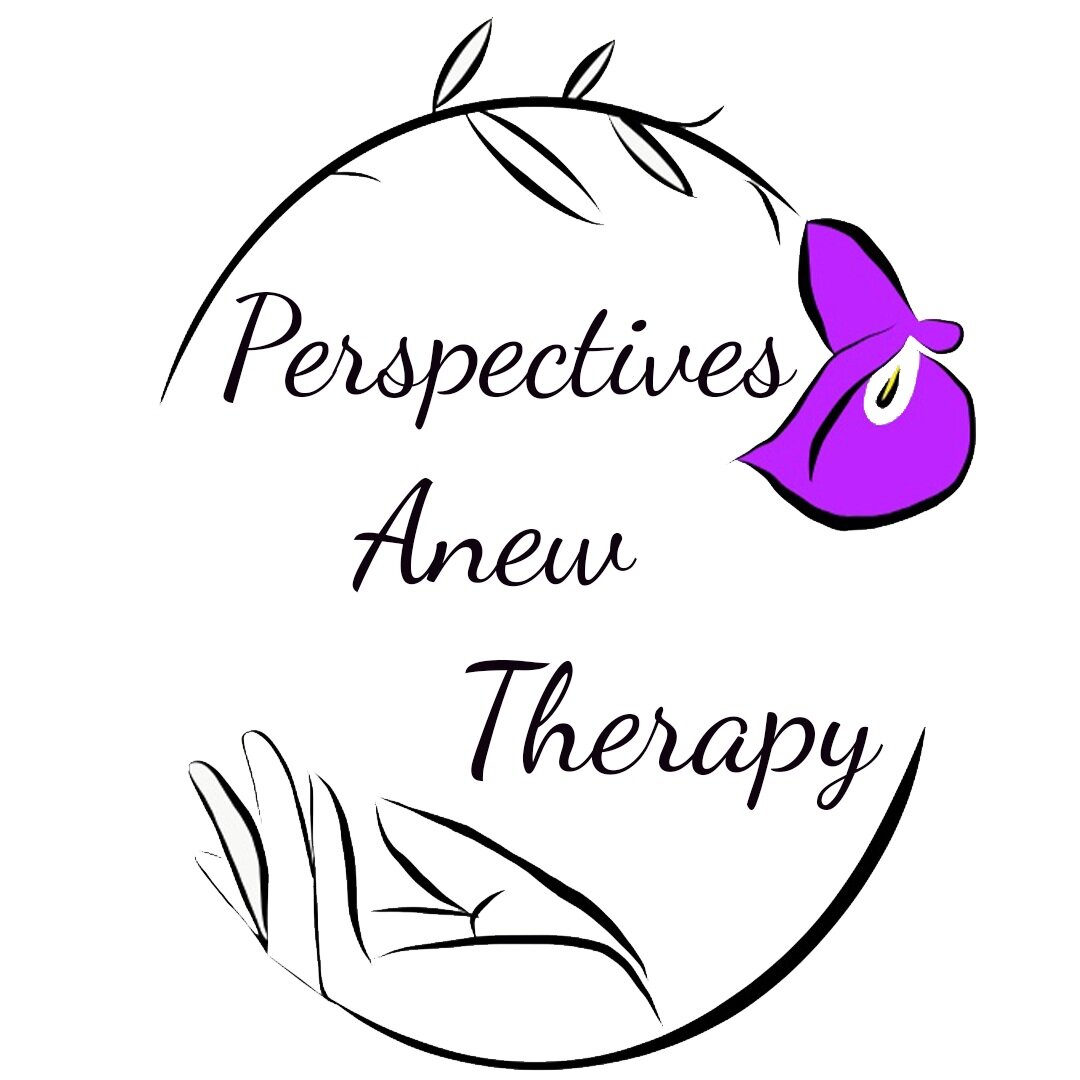Mental Health and Nutrition
Mental Health and Nutrition
Have you heard the phrase, "Mental health starts in the gut"? What does it mean? What we eat affects how we feel, the chemical environment of our brain, and the gut microbiome. Your brain eats too! It consumes from your daily caloric intake; about 20%! Nutrition has a huge impact on our mental health and brain function.
What’s the connection?
The gut-brain axis is the term used to describe the communication between the gut and the brain. The CNS (central nervous system) receives hormones and neurotransmitters released from the gut to send signals to our brains. These come from the things we consume. For example, eating chocolate increases the release of dopamine and increases its levels in the brain, producing feelings of pleasure and contentment. Our ENS (enteric nervous system) communicates with the CNS when it receives neurotransmitters from the brain that can affect our eating habits and gut microbiome. For example, alcohol consumption stimulates the release of the stress hormone cortisol in the brain that travels to the gut, producing gastrointestinal disruptions like malabsorption and discomfort. A healthy gut microbiome can positively affect mood and cognitive function, supporting mental health. Likewise, an unhealthy and unbalanced microbiome can potentially lead to mood swings, anxiety, or depression.
What can help maintain a healthy balance of this gut-axis communication to support our mental health?
Complex Carbohydrates Over Simple Carbohydrates
We all need energy to help keep our brains functioning well. Diet fads tend to make carbohydrates the enemy. However, the reality is we NEED carbs! The carbohydrates we can target and moderate are simple carbs. Simple carbs facilitate quick sugar breakdowns that give us a burst of quick energy but are not long-lasting and can lead to being "crashed" shortly after. Simple carbs tend to be highly processed like chips and cookies and high in refined sugar like soda.
We still need complex carbs like whole grains, beans, and starchy vegetables to help create sustainable energy for our brains and bodies!
Staying Hydrated
Our brains are over 70% water. Drinking enough water helps protect us from potential mental health impacts and promotes mindfulness.
Eating water-rich foods like watermelons, cucumbers, and berries can help you stay hydrated throughout the day.
It is recommended to drink 92 oz of water daily for women and 124 oz for men for optimal function.
Essential Nutrients
Taking vitamin supplements is good when a deficiency is present, but our essential nutrients are better absorbed when derived from the food we eat.
Vitamin B-12
Aids in cortisol reduction, helping relieve stress.
This vitamin is found in lean red meat and eggs.
Omega 3’s
Helps with mood regulation by increasing serotonin release.
They're found in fatty fish like salmon and halibut.
Vitamin C
Low levels of this vitamin actually increase depression symptoms.
It can be found in citrus fruits like oranges and green vegetables like broccoli and kale.
Supporting Healthy Gut Bacteria
Probiotics found in fermented foods like kefir, kimchi, kombucha, and yogurt add good bacteria to our microbiome, helping establish balance.
Source: Advances in Nutrition, National Library of Medicine.
